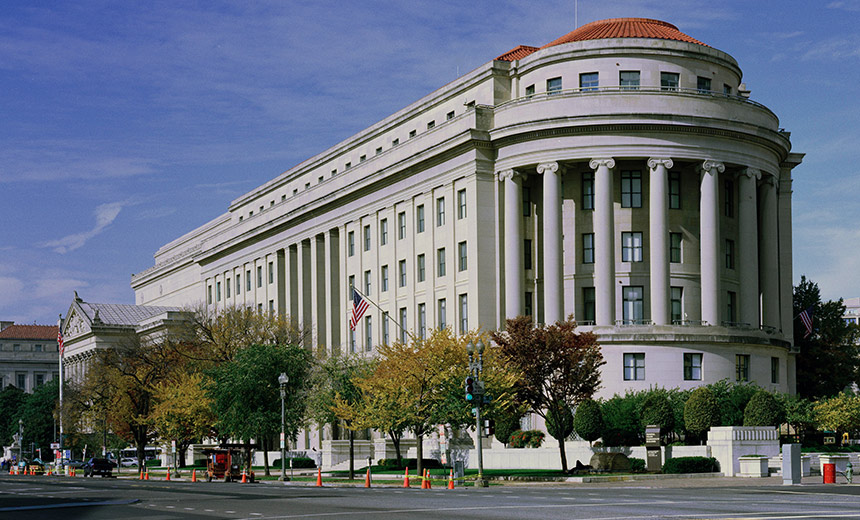Breach Notification
,
Governance & Risk Management
,
Healthcare
Regs Now Cover Wearables and Health Apps, Extend to More Types of Breaches

The Federal Trade Commission has finalized changes to its Health Breach Notification Rule, expanding the type of technologies that apply to regulations pertaining to non-HIPAA-regulated entities. The rule has been on the books for about 15 years, but the agency only recently began to enforce it.
See Also: Embracing Digital Risk Protection: Take Your Threat Intelligence to the Next Level
The FTC said revising the Health Breach Notification Rule “strengthens and modernizes” its applicability to health apps and other similar technologies.
The agency last year provided an advance peek at the changes in a proposed rule updating the regulations (see: FTC Pushes Boundaries With Proposed Health Rule Change).
The rule requires vendors of personal health records, or PHRs, and related entities not covered under HIPAA to notify the FTC and affected individuals of breaches involving unsecured personal identifiable information.
Under the changes, the FTC’s definition of PHRs is revised in two ways that pertain to the rule’s scope.
“The revised definition makes clear that the final rule covers entities that offer products and services through the online services, including mobile applications, of vendors of personal health records,” the FTC said. That includes technologies such as wearable fitness devices, mobile health apps and similar products.
“It also makes clear that only entities that access or send unsecured PHR identifiable health information to a personal health record – rather than entities that access or send any information to a personal health record – qualify as PHR-related entities.”
The final rule clarifies that a “breach of security” includes an unauthorized acquisition of identifiable health information that occurs as a result of a data security breach or an unauthorized disclosure.
That includes breaches that occur when consumer health related data is shared with third parties, such as to data brokers and advertisers, without individuals’ authorization.
The finalized rule also clarifies details around breach notification. The rule authorizes the expanded use of email and other electronic means of providing “clear and effective” breach notice to consumers; expands the required content that must be provided in the notice to consumers, such as the name or identity of entities of any third parties that acquired unsecured PHR identifiable health information as a result of a breach of security; and makes requirements involving reporting breaches to the FTC.
The Health Breach Notification Rule goes into effect 60 days after being published in the Federal Register.
“This rule – which had largely been dormant for more than a decade since it was developed – has turned into the leading edge of the FTC in its efforts to regulate how health-related information can be used and disclosed,” said privacy attorney Kirk Nahra of the law firm WilmerHale.
“This final rule cements steps that the FTC already has taken prior to a final rule – expanding coverage under the rule to entities and activities that had not previously been viewed as subject to the rule.”
Companies operating in this more broadly defined industry should be evaluating how this new rule affects a much broader range of activities than would have been originally thought when the laws was passed, he said.
Indeed, attorney Aleksandra Vold, partner at law firm BakerHostetler said the FTC made a few significant changes in the final rule, some that might “surprise” entities.
Under the final rule’s definition of “covered” healthcare provider, “any website, app, etc. that provides a mechanism to track anything from bodily functions to fitness to sleep, and of course the normal medical diagnosis and treatment” falls under the regulation, she said.
“The Commission estimated that this will cover 193,000 entities – and I am willing to bet a large portion of those are unaware of even the existence of this rule, much less the expansion of its coverage,” she said.
The FTC only imposed its first enforcement action related to the breach notification rule in February 2023, despite the rule being in effect since the Obama administration.
That FTC enforcement action was against discount drug and telehealth provider GoodRx Holdings. It was followed by a second enforcement in May 2023 against Easy Healthcare, the developer of fertility tracking app Premom.
In both cases, the FTC said that the companies should not have been sharing user information with advertisers.
